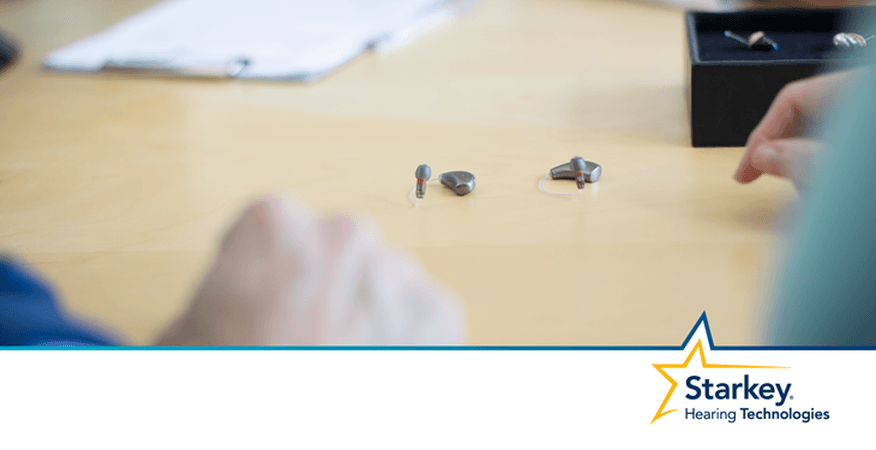Separating hearing aid fact from fiction
Hearing and sight are arguably our two most important senses. Yet, if and when either starts to fail us (and both usually do as we age), we react to each quite differently. Look around at all the people with glasses, contacts, Lasik surgery or just cheaters, and it's obvious that we have no problem or hesitation with treating vision issues. But when it comes to treating hearing loss, we don't seem to be in nearly such a hurry, if we even bother to treat it at all. If we did, nearly one in six adults you see would be wearing hearing aids — as that's the number of U.S. adults with hearing loss. What's stopping us from treating hearing loss? Why is there such discrepancy when it comes to "fixing" these two vital senses? Certainly a key factor is the immediate and tangible impact of each impairment. You can't easily drive, read, watch TV or work at a computer when your vision is compromised. But you can cope with or work around hearing issues — at least temporarily. It's important to know, though, that while the immediate impact of compromised hearing may seem negligible, the long-term and overall quality-of-life impact is real and potentially severe. Is our perception of hearing aids to blame? Another reason for inaction comes from people's perception of hearing loss and hearing aids. Unfortunately, some old myths linger. But advancements in science and technology mean many are no longer true. Let's debunk five common ones now. 1. Fiction: There's...

Recent Comments